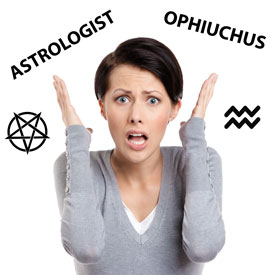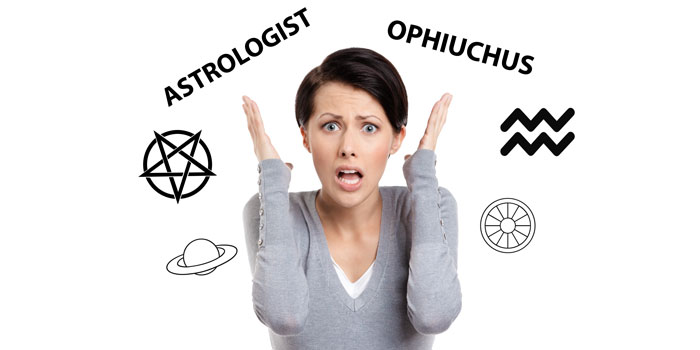 In episode 50 Patrick Watson joins the show to talk about his list of 10 unique problems that only astrologers have.
In episode 50 Patrick Watson joins the show to talk about his list of 10 unique problems that only astrologers have.
Some of the problems represent real issues regarding the perception of astrology in modern society, while others that are just humorous annoyances that astrology enthusiasts have to deal with from time to time.
The list is based on a recent article on Patrick’s blog titled Top 10 Problems Astrologers Have That Are Just the Worst.
Below you will find a synopsis of some of the points that we covered during the course of the episode, followed by links to download or listen to this episode of the podcast.
Show Notes
The top 10 annoying problems that astrologers have to deal with are:
- The misuse and abuse of astrological terminology
- Lame critiques of astrology
- The general public uses the wrong search terms to find out more about astrology
- Highly religious people think that astrology is evil
- You get lumped in with occult and new age stuff
- Astrological predictions are held to a higher standard sometimes than other fields
- People can have unrealistic expectations about what astrologers are capable of
- The burden of foreknowledge
- Uncertainty surrounding the amount of free will we possess
- Collecting birth times can be maddeningly difficult
We talk about these and related themes during the course of the show.
Transcript
A full transcript of this episode is available: Episode 50 transcript
Listen to This Episode
You can either play this episode of the podcast directly from the website or download it as an MP3 to your computer by using the buttons below:
Podcast: Play in new window | Download (Duration: 1:36:52 — 44.5MB)
